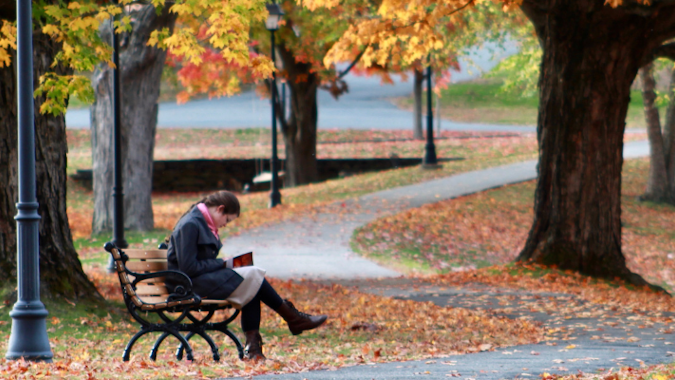At the heart of the 托马斯·阿奎那 College curriculum are the great books, the original works of the greatest minds in our tradition, both ancient and modern. 学院的 教学大纲 is composed exclusively of the seminal texts that have, for good or for ill, animated Western civilization. Each one speaks to the reality at the core of human experience, a reality that transcends time or place.
Studied carefully and sequentially, the great books explore the workings of the natural world, consider the most profound realities about the human person, and culminate in a contemplation of the greatest mysteries of God Himself. Members of the faculty guide small groups of students in 讨论 在这些作品中, but the ultimate teachers are the authors themselves, especially the Church’s Universal Doctor, St. 托马斯·阿奎那.
Yet the great books are not the 对象 of study at the College. 学生 here do not read these works — 首页r, Shakespeare, 柏拉图, Euclid, St. 奥古斯汀, 笛卡尔, 牛顿, and so many others — as outstanding examples of the creativity of the human spirit (though that they certainly are). Nor do they read them to become more familiar with Western culture and civilization (valuable though that is). 而, 托马斯·阿奎那 College students read the great books because, more than any other works, when studied under the light of the teaching Church, they can open up the truth about reality.
By reading and discussing the great books, with their vigorous — and sometimes conflicting — arguments, students here learn how to discern the truth, how to distinguish it from error, and how to defend it. They become gradually ever more like Aristotle’s exemplar of the liberally educated person, “critical in all or nearly all the branches of learning,” able to live a truly free and humane life — a life lived in the truth.









